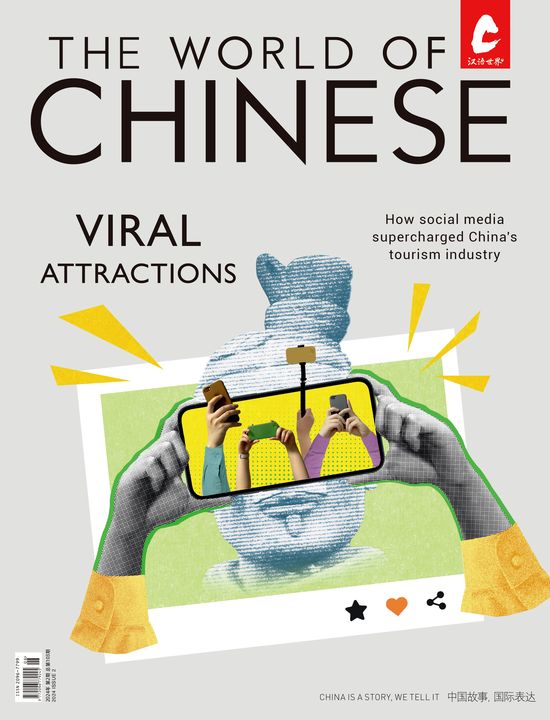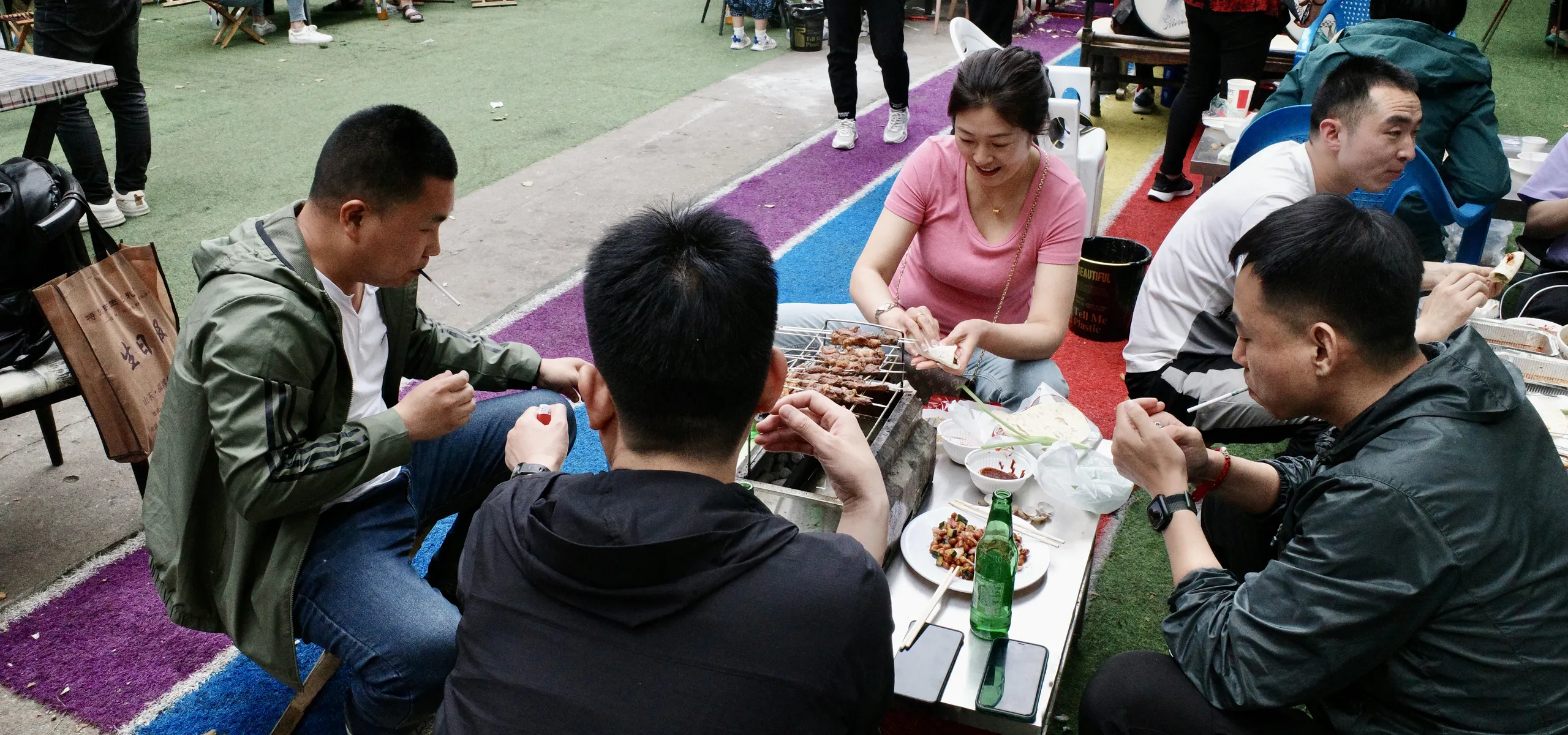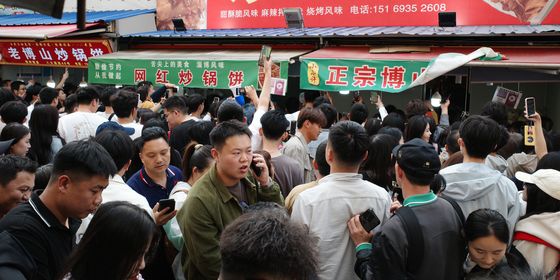An online craze for Zibo’s barbecue has brought a deluge of tourists to the previously unheralded city, but does it change locals’ lives for better or worse?
After waiting for an hour to eat at what is now probably China’s most coveted barbecue hot spot, Shi is disappointed. “This doesn’t taste that good to be honest, definitely not worth all the wait,” the 37-year-old accountant, who only gave his surname, says after a couple of bites, with a hint of disappointment in his voice.
Shi, who works in Beijing, is in Zibo, Shandong province, for business. But he was still sucked in by the online barbecue hype that has turned this once relatively obscure city 430 kilometers south of the capital into a viral tourist destination. Zibo and its barbecue restaurants, particularly around the city’s Badaju area, have blown up on the Chinese internet over the past three months. Photos of tourists crammed around tables and spilling into the street, reveling at all hours of the day, are now everywhere on social media. The hashtag “Zibo barbecue” has over 900 million views on Weibo at the time of writing.
To outsiders who have followed the astounding social media craze, the poor taste reported by Shi may be a surprise, but it isn’t to many locals: “People don’t come here for the barbecue, they come here for the spectacle,” a young taxi driver surnamed Liu tells TWOC. This trend has boosted local tourism to unprecedented levels in recent weeks, but not everyone benefits, with some locals seriously doubting the sustainability of tourism in Zibo, and worried about the changes their city has already undergone in response to the influx of visitors.













